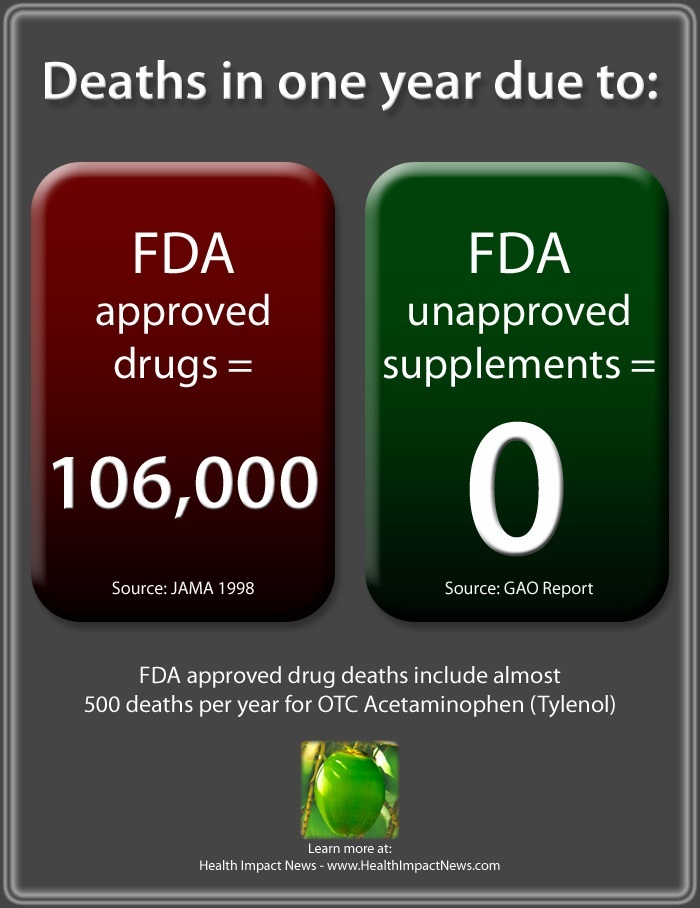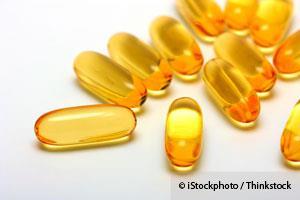“Regulate Supplements Like Drugs!” says Senator Durbin on NPR
In just under five minutes, Senator Durbin reveals his plan, which would effectively eliminate supplements from the shelves. Durbin says that supplement producers should be legally liable for identifying anything about the supplement that “might” interact with a drug or cause some vague and ill-defined additional difficulty. Even drug companies are not required to report how a drug might interact with all other drugs, because they could never do so. The senator also said: "I want at least to be sure, as a consumer, of what I’m consuming and what my family would be consuming." We agree, but this is already required by law for supplements and foods with one glaring exception: genetically modified organisms.









